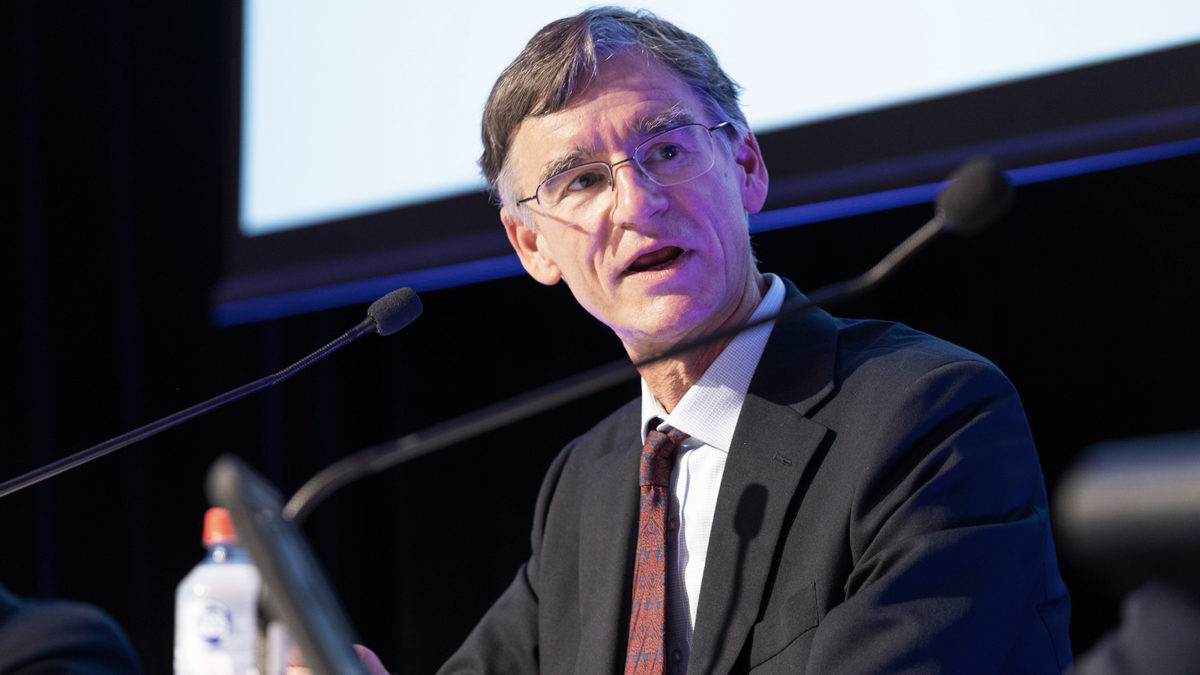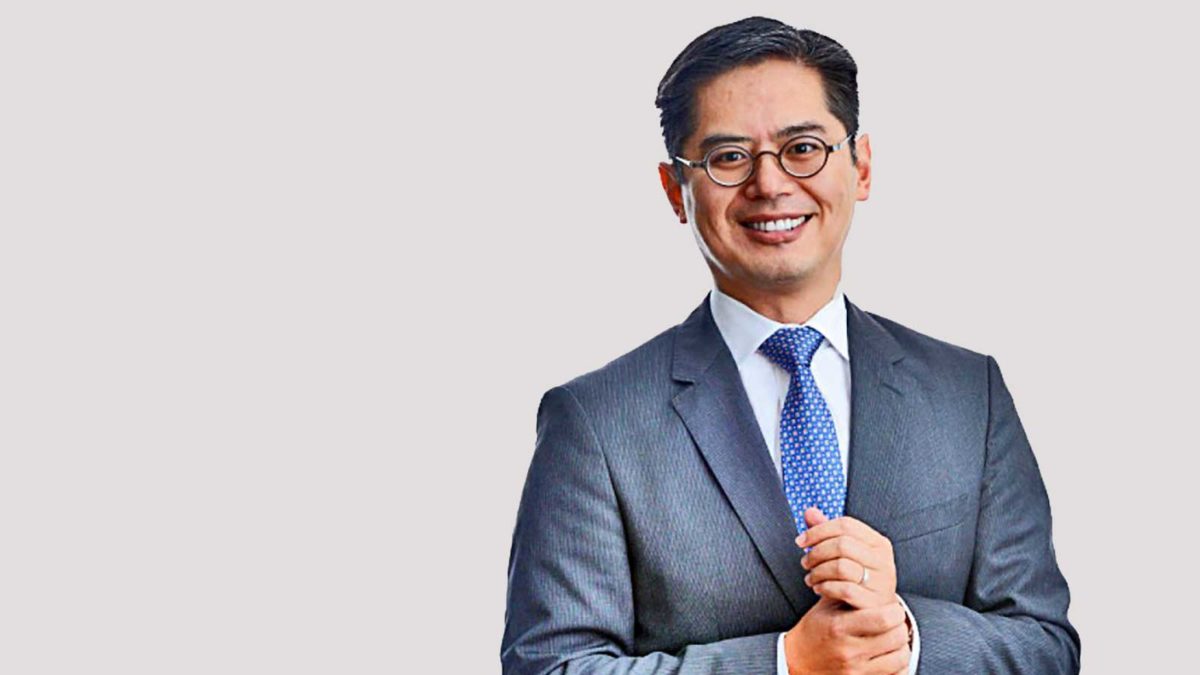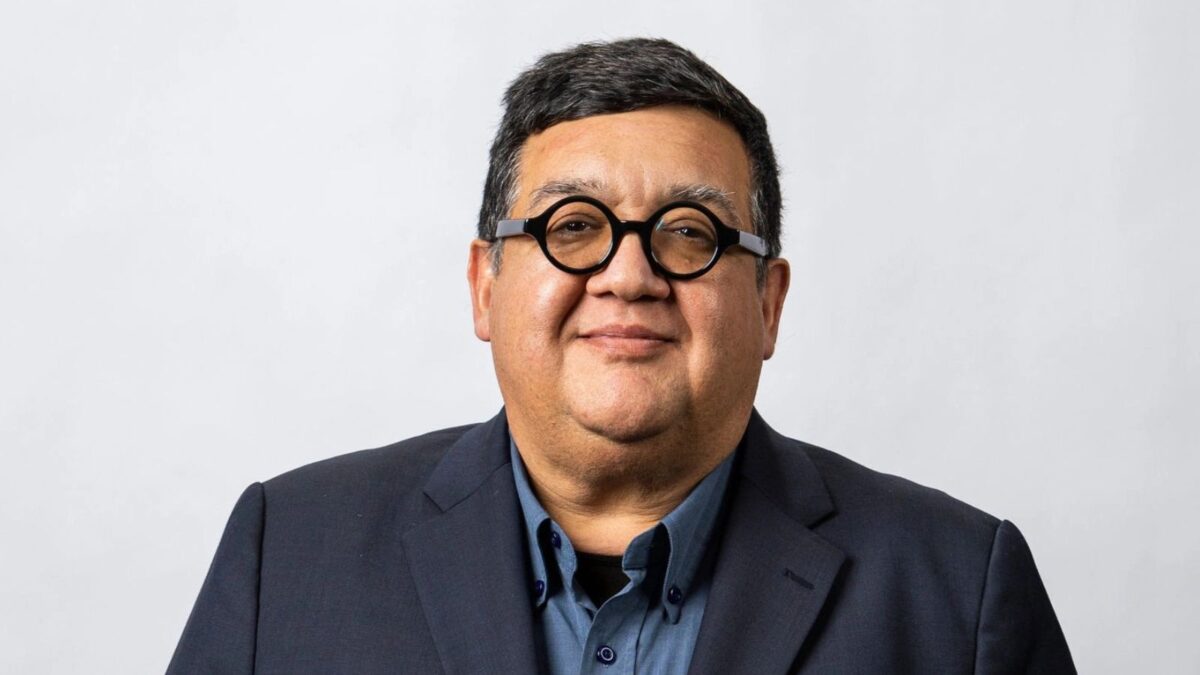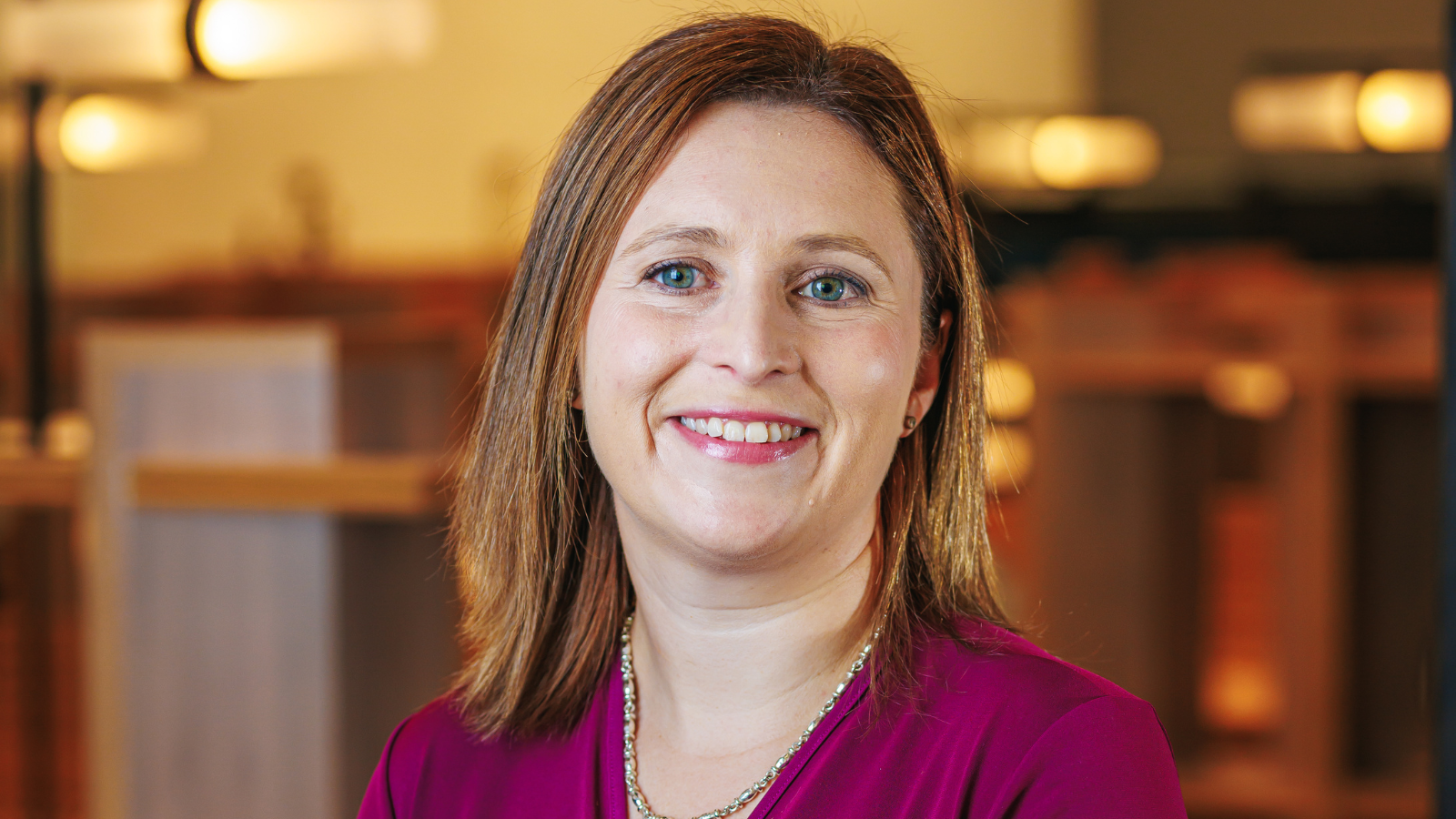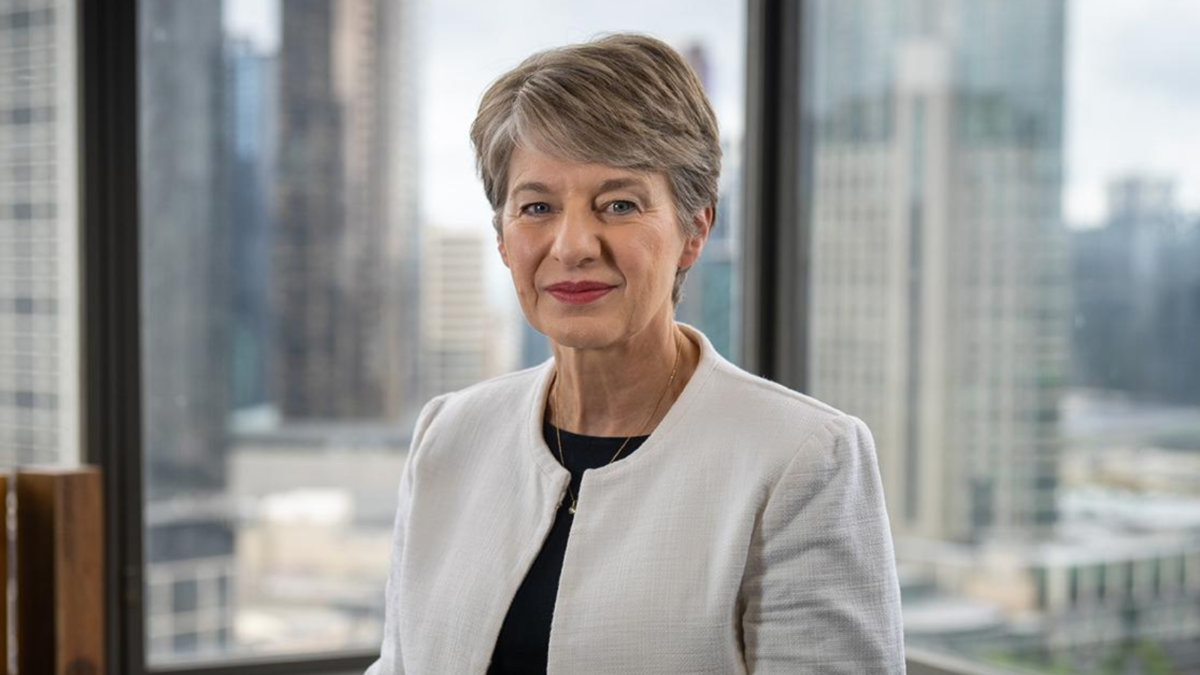Lai’s new boutique ready for the Year of the Ox
Going it alone is never easy. But it seems that for Dr Joseph Lai, the hardest part of starting his own boutique was picking a name.
One candidate was ‘Iora’ – a colourful songbird found across many of the emerging markets that Lai has spent his career investing in. But Lai and his colleagues ultimately settled on Ox Capital Management. Several of them were born in that Zodiac year (which apparently engenders a patient and methodical mindset) and for Lai, the name evokes “a sense of service”. Maybe compare it to Wall Street’s Charging Bull, which for many has become the ironic symbol of global finance in the years since the 1987 Black Monday market crash; while similar in stature, the ox is a hard-working helper, and reliable to boot.
In part, that sense of service originates with Lai’s early career outside of finance; he trained in surgery at the University of Sydney and spent several years in teaching hospitals in Sydney and country NSW before studying an MBA in finance and taking a job as a sell-side analyst at Morgan Stanley, focusing on healthcare and technology. A 17 year stint at Platinum followed, culminating in Lai managing $7 billion as the sole portfolio manager for its Asia funds, before he started Ox Capital Management – an emerging markets boutique under Challenger’s Fidante Partners.
“I thought it was time to focus my efforts on emerging markets exclusively… and being under the boutique structure and getting the best people I’ve worked with to start something together is fantastic,” Lai says. “I was looking to form a group that shared the same culture and the same sense of fiduciary duty. I wanted to create an EM fund that people in Australia can be proud of.”
Central to Lai’s investment philosophy is identifying the “endurable, sustainable” themes that will drive global markets for decades to come. One theme from Lai’s Platinum years was the luxury tastes of Chinese consumers, but he’s now turned his attention to the internet, financials, and the emerging market domination of semiconductor and electric vehicle battery supply chains as well. Once Lai and his colleagues have identified a good, underappreciated theme, the rest is (relatively) simple:
“Find a good company that can deliver, and don’t pay up.”
A key part of Ox’s approach will be the Macro Overlay Aggregate Tracker – or MOAT (Lai: “It sounds good, right?”) – a risk management tool that quantifies around a million data points drawn from GDP and inflation forecasts, earnings estimates, and market fluctuations, in order to forecast how the market might behave in the near-future. They turn it on twice a month, and Lai recently upgraded his computer so that it would load inside of half an hour rather than the day it took at the start. The MOAT is designed to reduce human bias in decision making, and was born from the volatility of early 2020, when Lai believes the market mostly overlooked the risks posed by Covid-19 and failed to heed what the elimination measures taken by the Chinese government would mean if they were to be replicated world-wide.
“The MOAT is a core piece of our risk management,” Lai says. “If everybody’s worried and the market’s cheap, the model says “Things aren’t looking so good right now, but they’re going to get better next quarter”, and that tells us we can dial risk up. But if the model tells us that people are excited and that markets are at an all-time high – the model says “It looks like something is going to happen”. And we’ll be cautious.”
Lai’s six months of gardening leave gave him time to brush up on his history, and he’s taken a specific interest in the antecedents of trends many investors are concerned about today: inflation and currency debasement – not through money printing, but by reducing the content of precious metals that gave commodity currency its value. The industrial revolution is another interest, with Lai noting that emerging markets have experienced explosive economic growth off the back of the same technological trends that dominated the West in the late 18th and early 19th centuries. To Lai, all of this has happened before, and will again.
Ditto the recent regulatory crackdown in China, which has Western investors running scared from what they thought were proverbial ten-baggers: Tencent, Alibaba, Ant Group (the IPO still shelved, pending the regulator’s tick of approval). While Lai tries not to talk politics – he says that age, religion, and politics are the only areas in which “you can never win” – he’s keen to put the latest crackdown in perspective – key word being latest. A decade ago, when manufacturing formed a much larger share of China’s economy, its government took action against those businesses that weren’t paying workers their fair entitlements. In the short-term, investors lost money – but in the long-term, it allowed China’s middle-class to grow, feeding the consumer boom that emerging markets investors believe will usher in widespread prosperity and lucrative returns.
“This is nothing new, but in my opinion there is a greater conviction that they want to fix things that aren’t working. I would partly ascribe that to the geopolitical struggle with the US, the world’s most powerful country, which has worsened in the last few years. When they see something not going right, the force they’re using is stronger than before – but this has been ongoing.”
Lai says that China’s fintech giants are businesses “begging to be regulated”. Ant Financial doesn’t have the capital requirements of a bank but is running a loan book to rival China Merchants. Food delivery contractors are running red lights and getting in car accidents to meet delivery quotas for a pittance. Private education is sucking resources from the public sector through lucrative remuneration packages while offering substandard tutoring aimed at getting students to pass exams rather than actually teaching them.
“I don’t believe that the authorities in China are giving up on private enterprise… They’re pro-market in this area, not pro-business. A big Chinese oligopoly will not be able to extract the same level of economic rent as in advanced economies, but they will be encouraged to develop, and serve customers, and make a reasonable return. Private enterprises are providing the most employment and pushing the economy forward – not the state – so that will be allowed to continue.”
One area of emerging market technology Lai is watching closely are “super apps”, such as Tencent’s WeChat. The super app is one that integrates dozens of disparate services – food delivery, hotel bookings, bill payment, social media – becoming the go-to app for the user to interact with “their peers, their colleagues, their customers, their suppliers – and their world”. Lai believes it’s only a matter of time before one of the Western social media giants tries to import the model, and that it’s the perfect example of why emerging markets are the place to be – now, and into the future.
“Everything is happening on that app. Just imagine you have that app – you sit right between the purchase decision and the world of commerce and business,” Lai says. “It’s truly remarkable, and it highlights how competitive some emerging markets are.”

